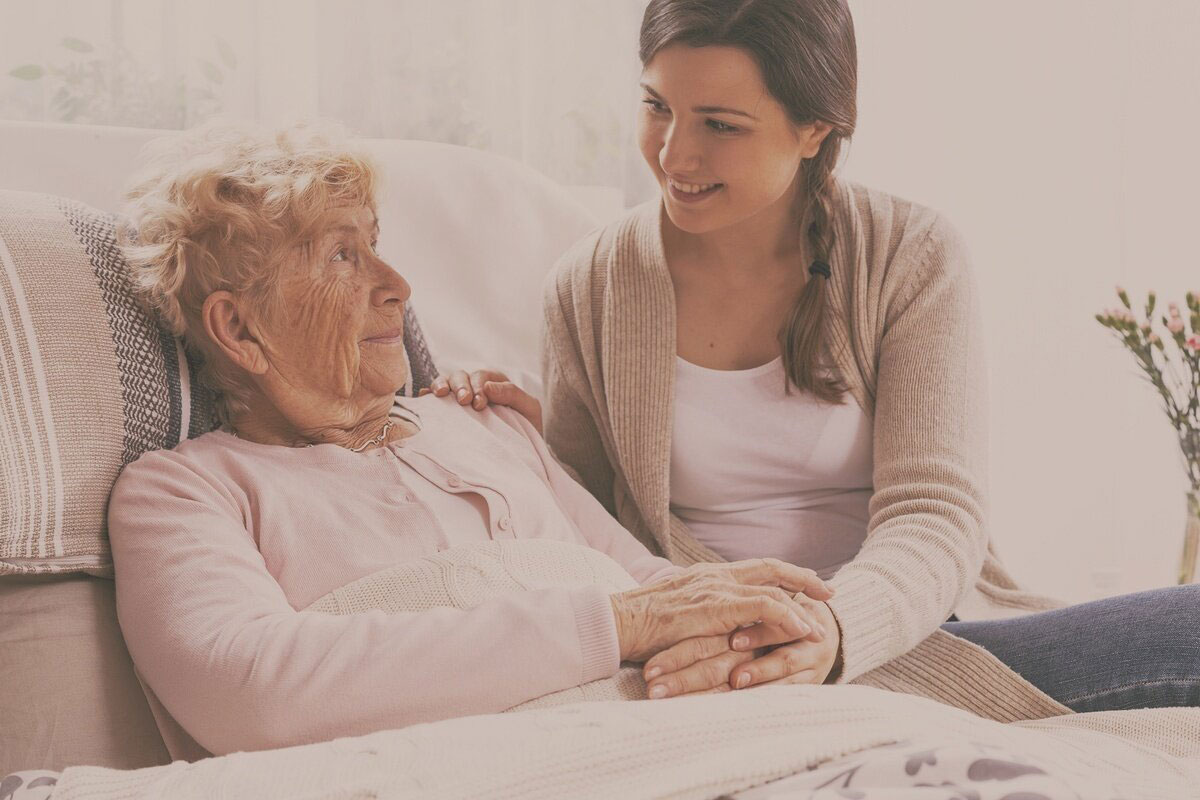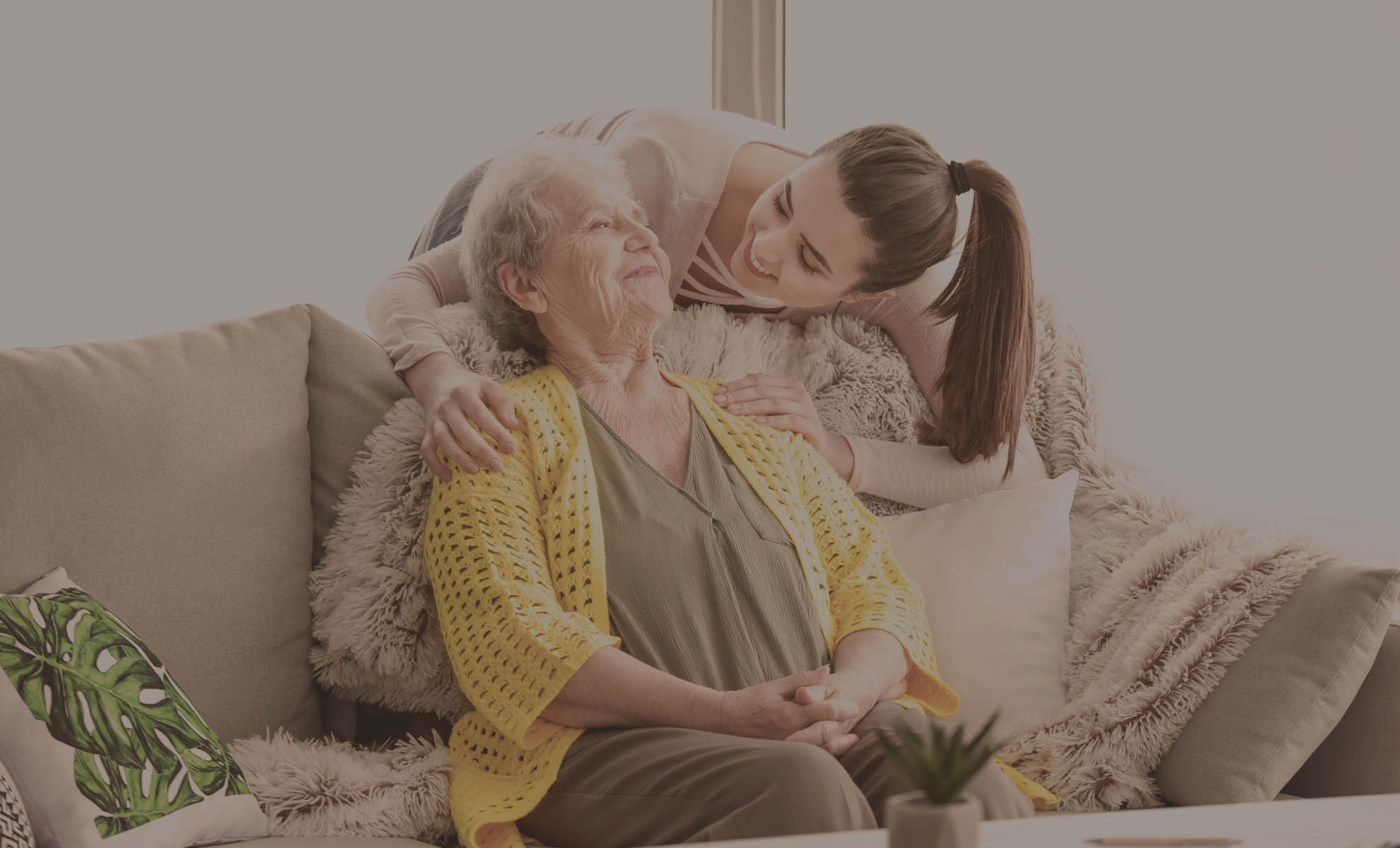Post-Hospital Care – Promoting a Faster Recovery
A Custom Post-Hospital Care Plan
One of the leading causes of hospital readmission or slow post-hospitalization recovery is the lack of proper support following a hospital discharge. Whether you are transitioning directly home after a hospitalization or moving through the care continuum via a rehabilitation or medical care facility, in-home care is a key resource for a safe and successful recovery process.
Carmichael Home Care Assistance in Carmichael/Fair Oaks, the leading expert in post-hospitalization care, literally wrote the book on transitioning home from the hospital. From Hospital to Home Care: A Step by Step Guide to Providing Care to Patients Post-Hospitalization provides a comprehensive overview of the challenges and resources associated with each step in the transition from hospital to home: the discharge process from the hospital, common issues associated with specific medical conditions, the unique needs of post-hospitalization patients and the importance of home care in patient outcomes and quality of life.


Avoid Hospital Readmission with Post Hospital Care
After being discharged from the hospital, 35% of seniors are readmitted after only 90 days. For seniors, hospital readmission is usually a result of not following doctor’s recommendations, medication instructions or a poor recovery environment. Home Care Assistance in Carmichael/Fair Oaks provides home care tailored to meet the needs of individual patients in post hospital recovery.
A Quicker Recover with Home Care Assistance
- Dependence
When you first return home after your hospitalization, your primary goals should be rest and recovery. Your caregiver is there to support you and can handle your laundry, meal preparation, errands and any other household tasks. Focus your energy on recommended therapy exercises, activities and caloric intake. Don’t be concerned if you need more help than you expected.
- Mild Independence
When you feel stronger, you should ask your caregiver to cut back on hands-on care whenever possible. Identify tasks that you can now manage independently, such as eating or walking down the stairs, and slowly wean yourself off of care in these areas. Never compromise your safety; ask your caregiver to step in if you feel uncomfortable.
- Supervised Independence
Over time, you should gradually increase your independence. Your caregiver should be there to assist if needed, but the caregiver’s primary role should be supervision and safety monitoring rather than direct physical assistance. Try to perform the activities of daily living – bathing, dressing, grooming, eating, walking – as independently as possible.
- Supported Independence
Once you are comfortable with the activities of daily living, you can incorporate chores and other housework into your routine. Try a trip to the grocery store or the pharmacy accompanied by your caregiver, or join in to prepare a meal together. Though these steps may seem minor and incremental, they are important touchstones in your path toward a full recovery.
- Semi-Supported Independence
In this phase, you should try to take responsibility for day-to-day tasks and return to your pre-hospitalization routine. Just remember, your caregiver is there to assist you if you need help, but try not to take advantage of that assistance unless you really need it. Some activities may be more difficult following a hospitalization, regardless of the progress in your recovery.
- Full Independence
If you feel you can safely return to all of your regular activities without the support of a caregiver, you may consider reducing your care. Evaluate your own comfort level, especially if you are living alone or with a spouse who also requires some level of care. Remember that full independence is a long-term goal and should not be prioritized ahead of your safety.
Home Care Assistance in Carmichael/Fair Oaks is available 24/7 just to talk about your concerns and answer your important questions or to schedule a no cost assessment. Call now to speak with a care manager.
